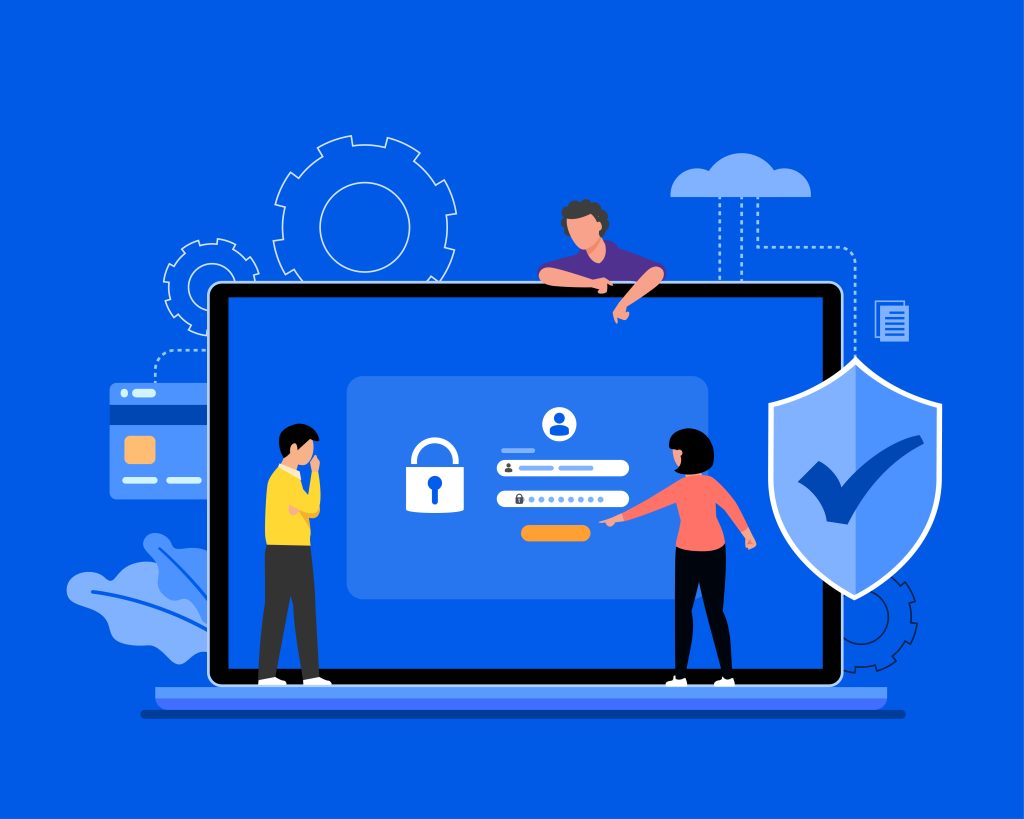1. Install a security plugin.
When it comes to your website security, installing a security plugin is a must. There are a number of plugins available that can help improve your website security. Some of the most popular plugins include the Yoast SEO security plugin, the Akismet plugin, and the Security Gravity plugin.
Each of these plugins offers different features that can help improve your website security. For example, the Yoast SEO security plugin can help improve your site’s SEO by blocking spam comments and tracking bots. The Akismet plugin can help block spam comments and protect your site from being hacked. And the Security Gravity plugin can help you monitor your website’s security.
2. Keep your site updated.
One way to ensure your site remains updated is to keep a regular blog posting schedule. Not only will this help to keep your site fresh and relevant to your audience, but it will also show that you are actively engaging with them. Not only will this improve your SEO, but it will also make your site more interactive and engaging for your visitors.
3. Use a secure login system.
One popular option is to use a password manager. This software stores all of your passwords in one place, and it automatically logs you in to various websites. This is a great option if you want to keep your passwords secure, and it is also easy to use.
Another option is to use a secure login system software. This software allows you to create unique passwords for each website, and it also keeps track of which websites you have visited.
4. Use HTTPS when possible.
When it comes to online security, one of the best things you can do is to use HTTPS whenever possible. This means that your computer is communicating with websites using a secure protocol, which makes your data more safe from interception.
Why use HTTPS?
HTTPS provides several benefits when it comes to online security. First of all, it provides a higher level of security than HTTP. This is because HTTP is not as secure as HTTPS and can be intercepted by malicious actors.
HTTPS also protects your data from being stolen by hackers. This is because hackers cannot access your data if it is encrypted using HTTPS.
5. Use a password manager.
Password managers are a great way to keep your passwords safe and secure. They help you create and remember unique passwords for all of your accounts, and store them in one place so you don’t have to remember them every time you sign in.
There are a lot of great password managers out there, so it can be hard to decide which one to use. Here are a few guidelines to help you choose the right one for you:
Ø Choose a password manager that you trust.
Make sure the password manager you choose is reputable and has a good reputation for security. Look for a password manager that has been tested and is known to be reliable.
Ø Choose a password manager that works with your devices and platforms.
Make sure the password manager you choose works with all of your devices and platforms. Some password managers are available on Mac, PC, Android, and iOS devices, while others are only available on one platform or device type.


